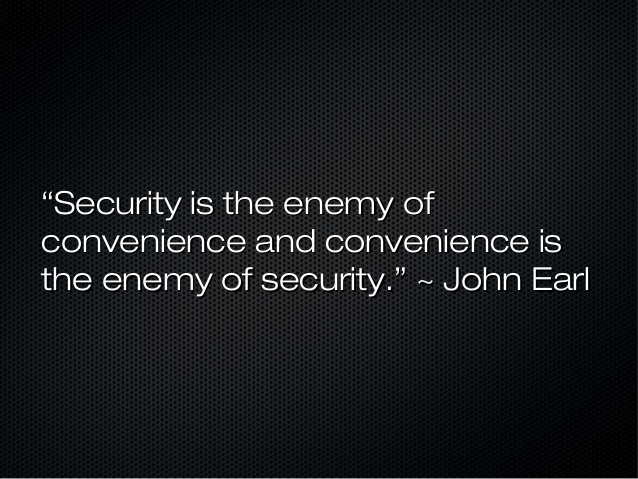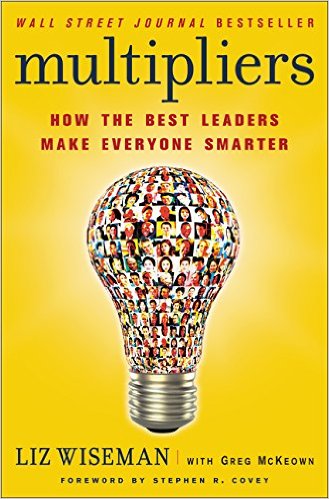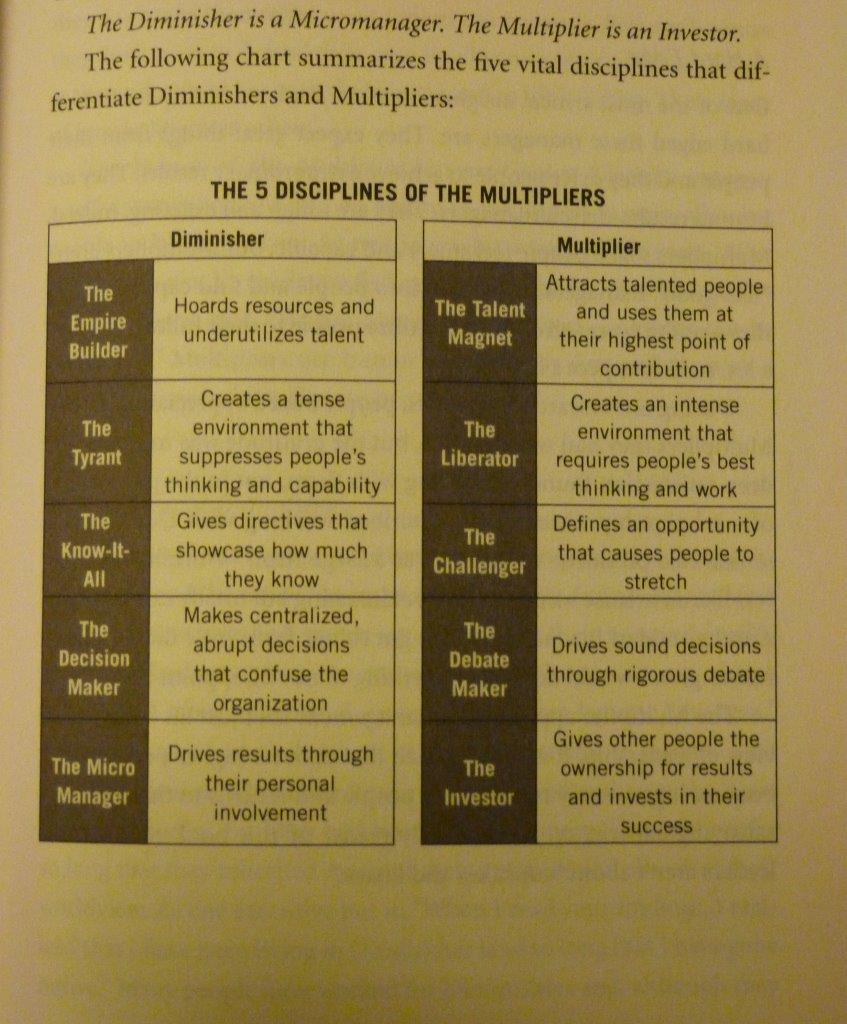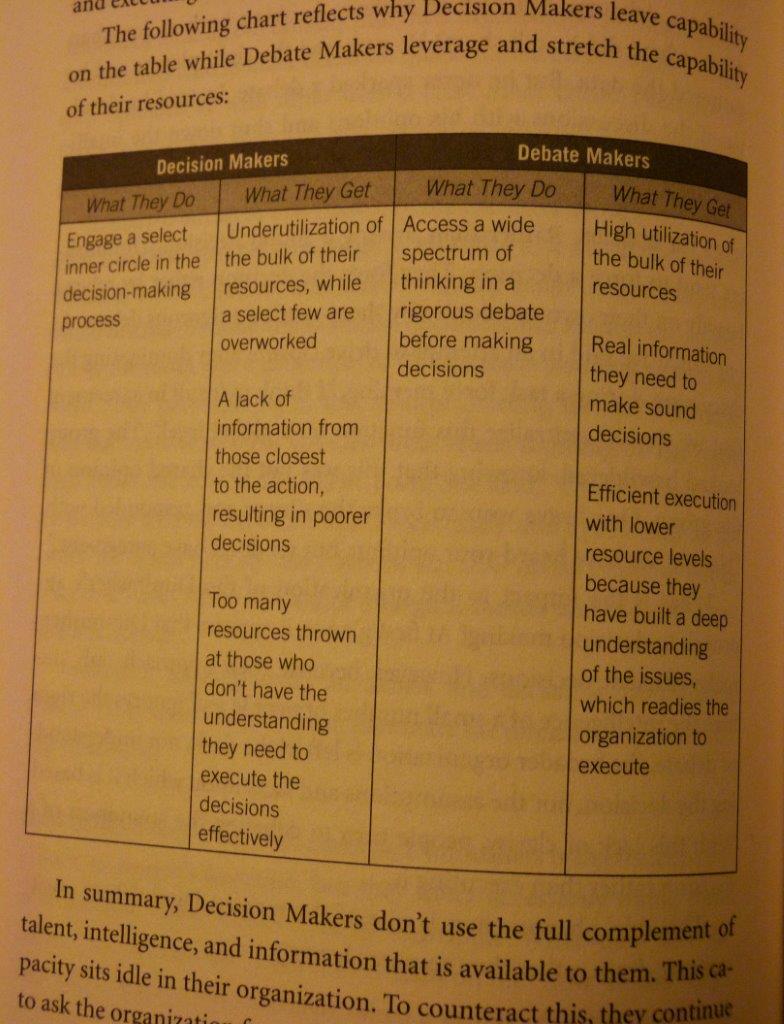Leadership is a process that has been a great interest all my adult life. There’s this man I know well who actually spends concentrated time studying about leadership, both through books and observing it in practice. He has had the experience of being a leader of few and many. He has managed teams, budgets, and action plans. Other times, he has led only by influence, without authority. He is my go-to person on what is good leadership – which is never a finished product. Leadership changes as organizations and cultures change.
Yet, the basic elements of leadership that builds leaders and, at the same time, gets the job done are foundational.
The man is my husband. He, from time to time, has also been my boss in the workplace. Dave Mills wears many hats. He most recently applies himself to risk/crisis management, security processes, and strategic partnerships. Making leadership development happen is his professional happy place.
In the training he does on Leading From the Heart, he lays out these 6 Basic Elements of Leading Well. With permission, they are excerpted in brief below:
- Be clear about what you want personnel to do (What)
- Make sure they know why it is important (Why)
- Make sure they have what they need to do the job (How)
- Give them a way to know how they are doing
- Follow up regularly on priorities and progress (accountability)
- Make sure they know you care about them
This is intended to help leaders understand what they need to provide for people to thrive in their work. This doesn’t address vision or strategy; it focuses on the people part of the process – the interaction between leaders and those we are responsible to lead.
For someone to thrive in a job, they need all six of these in place.
6 Basic elements of leading people:
1. What: Be clear about what you want them to do.
People tend to underestimate the amount of communication effort required to achieve clarity. This requires repeated communication to hammer home a clear understanding of the task. A feedback loop where you ask the team member to explain the assignment back to you is essential. Even when they can do that, you still need to revisit it regularly. Do not short-change the work involved to achieve clarity.
[This is very different from micro-managing. This is empowering through comprehensive, understandable information-sharing.]
2. Why: Make sure they know why it is important.
Do not assume that employees understand why the task is important. Make sure that is clearly communicated. If they already know the importance, it helps them to hear it so they know their leader understands the importance.
This is often neglected. Sometimes it is because it is assumed that the person knows why the task is important. Sometimes it may be obvious why it is important. However, it is worth unpacking that together to reinforce the importance of the task and your confidence in the person to successfully carry out the assignment. The most common scenario is probably just to ignore the issue and never bother to help the person understand why their work is important. This is one of the points in Lencioni’s three characteristics of a miserable job. He calls it irrelevance.
3. How: Make sure they have what they need to do the job.
When you assign a task you must be sure that the person has what is needed to do it. This may involve resources, like access to equipment or funding. It may be knowledge. It may be connections to other people. There may be a training need. Or it may be capacity. Do they have the capacity to take on the task you are assigning to them? Make sure they have capacity, or free them up from something else, or give them someone to help them with the task. Also recognize that sometimes at the beginning it may not be clear where the gaps are. This is something that should be regularly revisited with people – Don’t forget to ask them if they have everything they need.
[This is another area where micro-managing would stifle rather than empower employees. Give team members the authority to get what they need to get the job done.]
4. Give them a way to know how they are doing.
People need to know what a good job looks like. At the end of a day they need to be able to assess whether or not they did a good job that day. What are the most important outcomes that you are expecting from them? Have you expressed these in ways that can be quantified?
5. Accountability: Follow up regularly on priorities and progress.
Check in with them regularly, with intentionality, about progress and priorities. The leader must take responsibility for driving this. The frequency depends on the employee and situation, but there should be a regularly set time. This needs to be a one-on-one conversation with each direct report to discuss what progress has been made since the last check-in and what are the priorities to be focused on until the next check-in.
Not only do you give them a way to assess their own performance, you regularly review their progress and provide feedback on how they are doing. This is a good opportunity to revisit whether or not they have everything they need to accomplish the assigned work. This is where coaching and accountability happen.
6. Heart level connections: Make sure they know you care about them.
Relationships are key to leadership. You need to be intentional and deliberate about building heart level connections with those you lead. There is an enormous amount of research indicating the importance of this. If you do all the other parts of the process well and fail on this one, your people may endure your leadership but they will not thrive. On the other hand, if you are not so great on some of the other parts but do this one well, people will cut you a lot of slack if they know you care about them. Relationships are the oil that keeps the work machinery going. Like having something with a lot of moving parts – as long as the oil is there, it runs smoothly. If you throw some sand in the works, it doesn’t run so well and over time it will grind down to a point where it doesn’t work at all.
Caring about our employees (direct reports, in particular) involves investing in their development. Proactively looking for ways to help someone improve and grow in their work is a very caring and practical thing to do.
[Be careful that you, as a leader, don’t presume a relationship exists. This is only effective when the employee experiences the relationship as positive and caring.]
– Dave Mills, Leading From the Heart
___________________________________________________________________________
What do you think? Any element you could use as a leader or team member? In our work (both together and in work independent of each other), Dave and I also believe that leadership development – intentional and proactive – should begin at orientation. The tendency in the workplace is to load development on those already in authority. Entry level and mid-level employees don’t always have benefit of the care needed to provide opportunity to grow and develop in their areas of expertise. It is something to consider on the order of company core values.
Lastly, I just wanted to give a shout-out to some of the folks who have demonstrated excellent leadership to Dave…as well as those in relationship with him who have developed as excellent leaders themselves during the time they worked together. These make for long and rewarding relationships across a lifetime of work.
[Just a few of those remarkable ones are in the following images]





Monday Morning Moment – What You Think of Others Matters – Workplace Wisdom – Deb Mills





 Photo Credit: Carey Nieuwhof
Photo Credit: Carey Nieuwhof

















